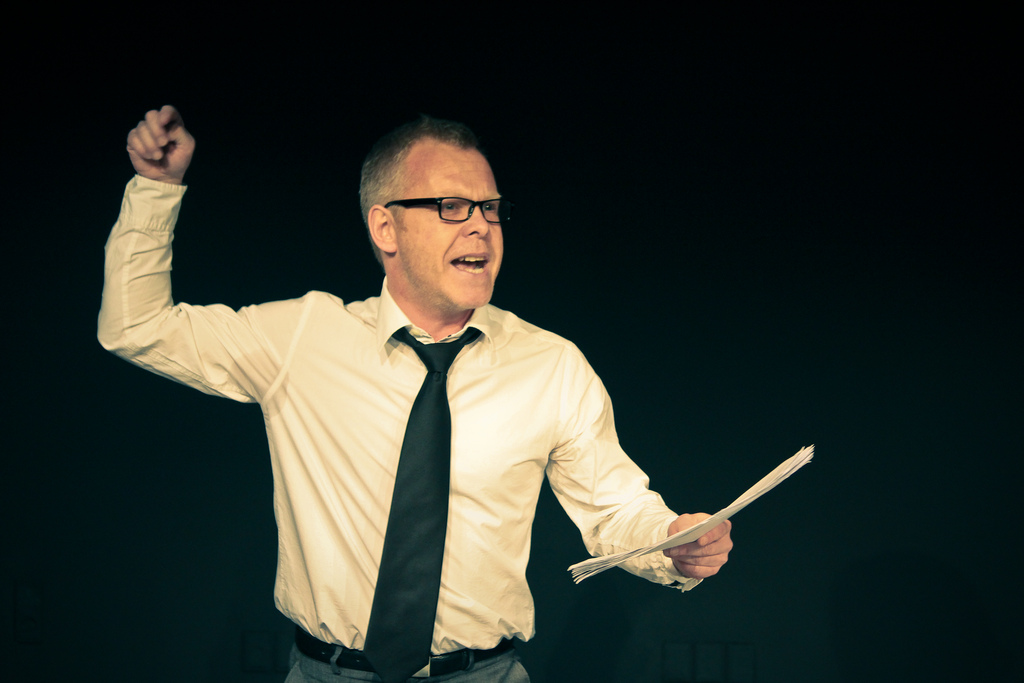
By the time an actor walks into the audition room, the audition has largely been won or lost based on their preparation. Thorough prep work leads to confidence, commitment, and, ultimately, a quality audition. Being unprepared, however, leads to the opposite result. Although most auditions these days happen with scripts or sides in hand, occasionally actors are asked to prepare and perform a monologue.
Monologue auditions are still common when meeting agents, performing at general auditions, and meeting theatre directors for the first time. Before actors can get to work on a monologue, they must choose one, and that can be a daunting task in itself.
How can an actor choose the monologue that is right for them? What are the different things to consider?
Follow the steps below to select a monologue that is right for you…
#1: Know Your Type
First, a monologue is an opportunity to show who you are as an actor, so knowing your type is important. Usually, actors are called in for parts that are within their type, and a monologue that matches offers directors a peak into your approach to the role.
Moreover, watching someone perform a monologue against type can be incredibly distracting. There is a time and a place to challenge the status quo, but the audition room is not it. Things to be considered: age, personality, physical description, accent, and so on.
#2: Are You Not Entertained?
Above all else, acting is about entertaining. Do everything you can to select a monologue that you believe in, while also entertaining to watch. That means finding a piece that has a story arc with a beginning, middle, and end.
That means there is change occurring in the character throughout the speech. That means that writing is “good,” and that the character has a motivation for speaking, apart from relaying information.
Tricks to entertain: choose a speech that has comedy and drama, look for a passage with a surprising twist, or select an uncommon monologue.
#3: Brevity is the Soul of Wit
Brevity is also the soul of a good monologue. An effective monologue should be around one minute, or 90 seconds max. Length goes hand in hand with entertainment, because you don’t want your audience to become bored.
It is far better to fill a 30 second monologue with great acting choices than to dredge on for 3 minutes of mediocre acting.
#4: Choose Something Familiar
Worked on a play with a great monologue? Have a favorite writer that you would love to perform? Familiarity with a piece can lead to faster preparation and a greater understanding of character.
However, actors should avoid monologues that are too famous and/or over-performed. Hints: Read the full script before choosing a monologue and don’t perform the battle speech from Braveheart.
#5: Who Is It For?
Lastly, think about who is going to watch you and what part you are auditioning for. Always try to match the role with the monologue (as stated in #1) so the casting folk can see a glimpse of you in the part.
Also, depending on the director’s style, monologue choices will vary. One director might be edgy, another more traditional, so try to choose a monologue that aligns.
Following these five steps will put an actor on the track to choosing a good monologue for themselves. But remember, once that’s done, the real work starts!
[su_note]Click here to learn more about: The School of Acting at the New York Film Academy.[/su_note]